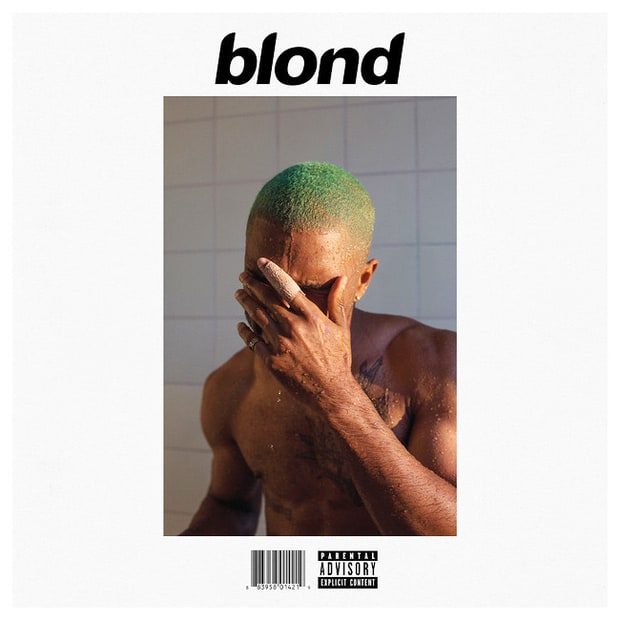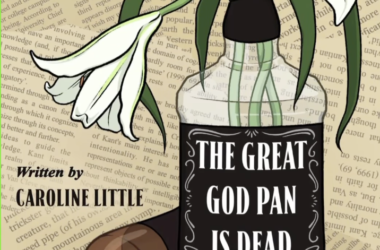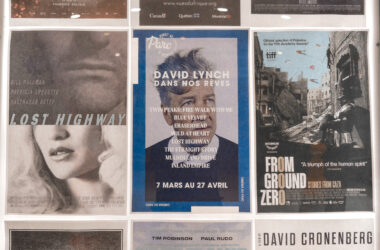Where to listen to Blonde:
(Some suggestions)
1. Walking home alone after leaving a disappointing house party. This music makes you feel good if slightly melancholic, like you’re still cool even though that party was not.
2. With your good friends at a beach, park, or lake. These are ideal tunes to listen to with your friends—you don’t have a lot to say to each other today, but are in a warm summer slump. Maybe you all smoked a joint 30 minutes ago and it’s time for a nap. Frank’s gentle and atmospheric melodies mix well with the nearby murmur of picnics, Frisbee, and slacklining.
3. When you’re driving with your crush and you want to impress them with some chill vibes, but you can still talk (and probably make out later). Sexy and cool breakup albums are ideal for bringing people together.
4. Drinking while cooking dinner. This makes a solitary activity feel more special. It gives it a hint of casual style.
5. Biking across town. Each song blends into the next so your cycling flow through traffic won’t be interrupted. Catchy beats mixed throughout will get you pumped and over that hill, though.
6. When you’re sad, happy, lonely, or with loved ones. Blonde is melancholy yet comforting, because it’s about life that keeps moving and people that keep going on with their days. What did you do today? Did you listen to Frank Ocean?
Blonde is wonderfully accessible and deceptively simple. “This is life and mortality,” Frank Ocean sings on “Pink + White,” the album’s third track. There are a lot of truisms hidden in Blonde but those five words cover the essential tone of the album. “Summer’s not as long as it used to be, every day counts like crazy,” Ocean sings on “Skyline To,” an ambling anthem to long days quickly becoming shorter.
Blonde is long and languid. It doesn’t rush, yet there is emotional urgency in each note. Ocean’s poetic phrases and layered instrumentation offer the listener an ambient reflection on the nature of life, loss, and personal growth. Some of this is hard to hear, yet at the same time, entirely captivating. Yung Lean’s chorus on “Self Control” is a quiet plea to a former lover: “Keep a place for me. I’ll sleep between y’all, it’s nothing.” Then there’s “Be Yourself,” a funny and heartrending voicemail from the mother of a childhood friend of Ocean’s, telling the listener to “stop trying to be somebody else. [….] Be yourself and know that that’s good enough.” Each song is intimate and endearing, simultaneously drawing the listeners into themselves and into Ocean’s world.
Long sections of the album go by without a hint of drums. The gentle rhythms of keyboard, bass, guitar, birds chirping, and the grainy recordings of kids in a skatepark carry the listener seamlessly from one song to the next. It’s easy to lose the distinction between each song as hooks come in and fade, carry over to the next track, and reappear later on the album through some subconscious memory of the same sound.
Two songs stand out as ‘singles,’ although none were released from the album. “Nights” and “White Ferrari” feel like the Ocean that we know from Channel Orange; the master of deeply cool and catchy tracks. But still, these songs are entirely different from their Channel Orange kin. “Nights” has three distinct overtures strung together in the span of five minutes. “White Ferrari” has a trance-like slow and heavy build, which resolves into Ocean’s singular voice accompanied by acoustic guitar. The sometimes-abrupt transitions demonstrate Ocean’s incredible musicianship, and mirror the transience of his thoughts.
The last song—“Futura Free”—has a distorted structure similar to “Nights.” The song ends with a recording of local street noise and soft voices. “What’s your name?” the interviewer asks his friends. “What do you do? What’s your first memory? What’s the most amazing thing you’ve ever witnessed?” Ocean ends the album with a humble home recording, reiterating that line on “Pink + White:” This is life and mortality. Everyday moments, small victories, and big heartbreaks become a mosaic of life experiences. In its totality, Blonde is a beautiful and unexpected reflection on the peculiar impact of those experiences.









